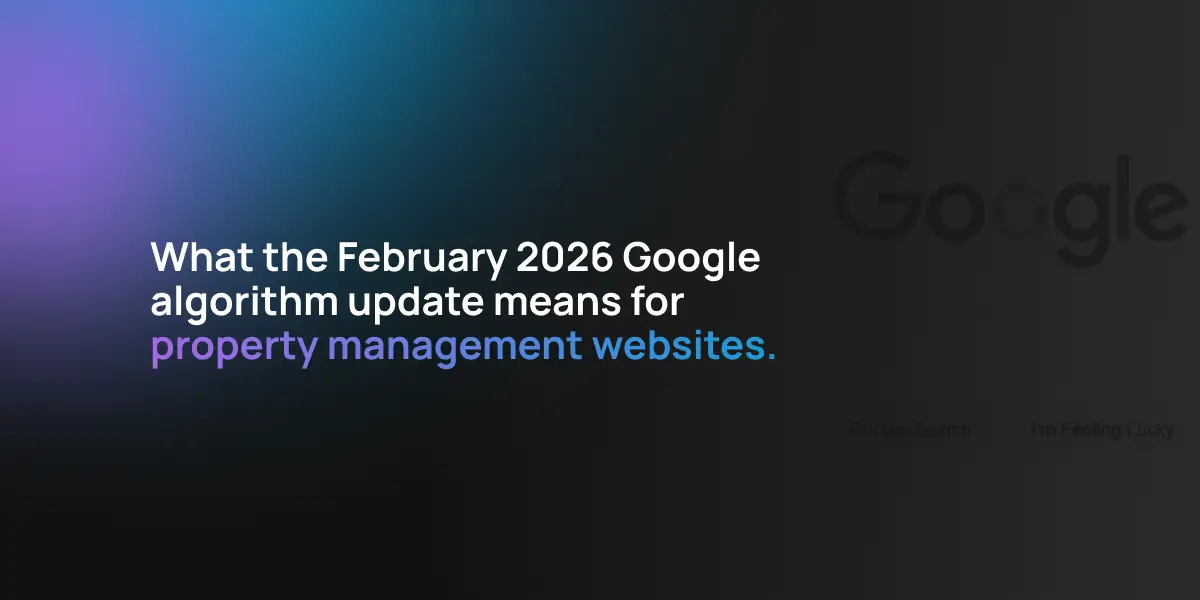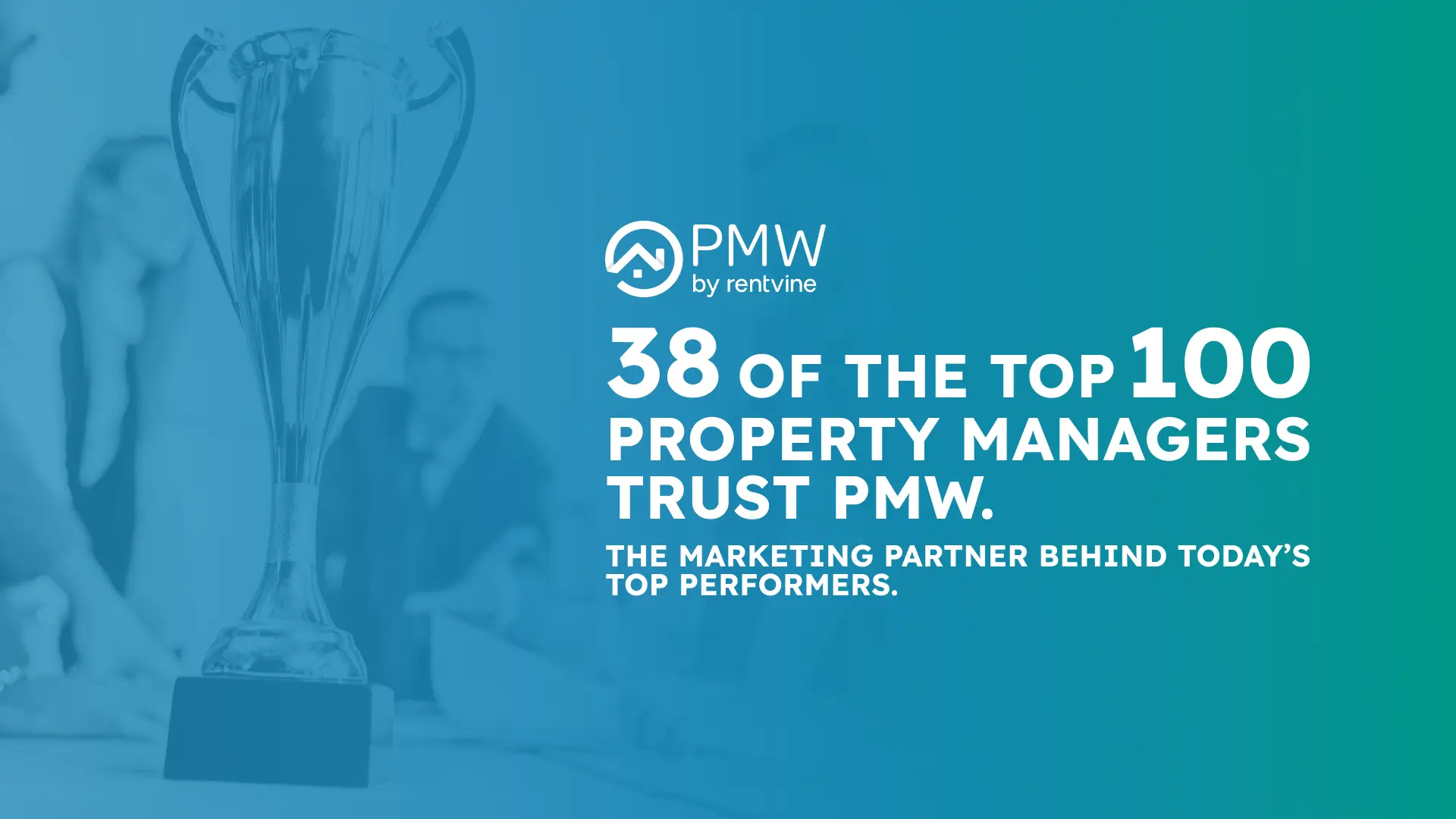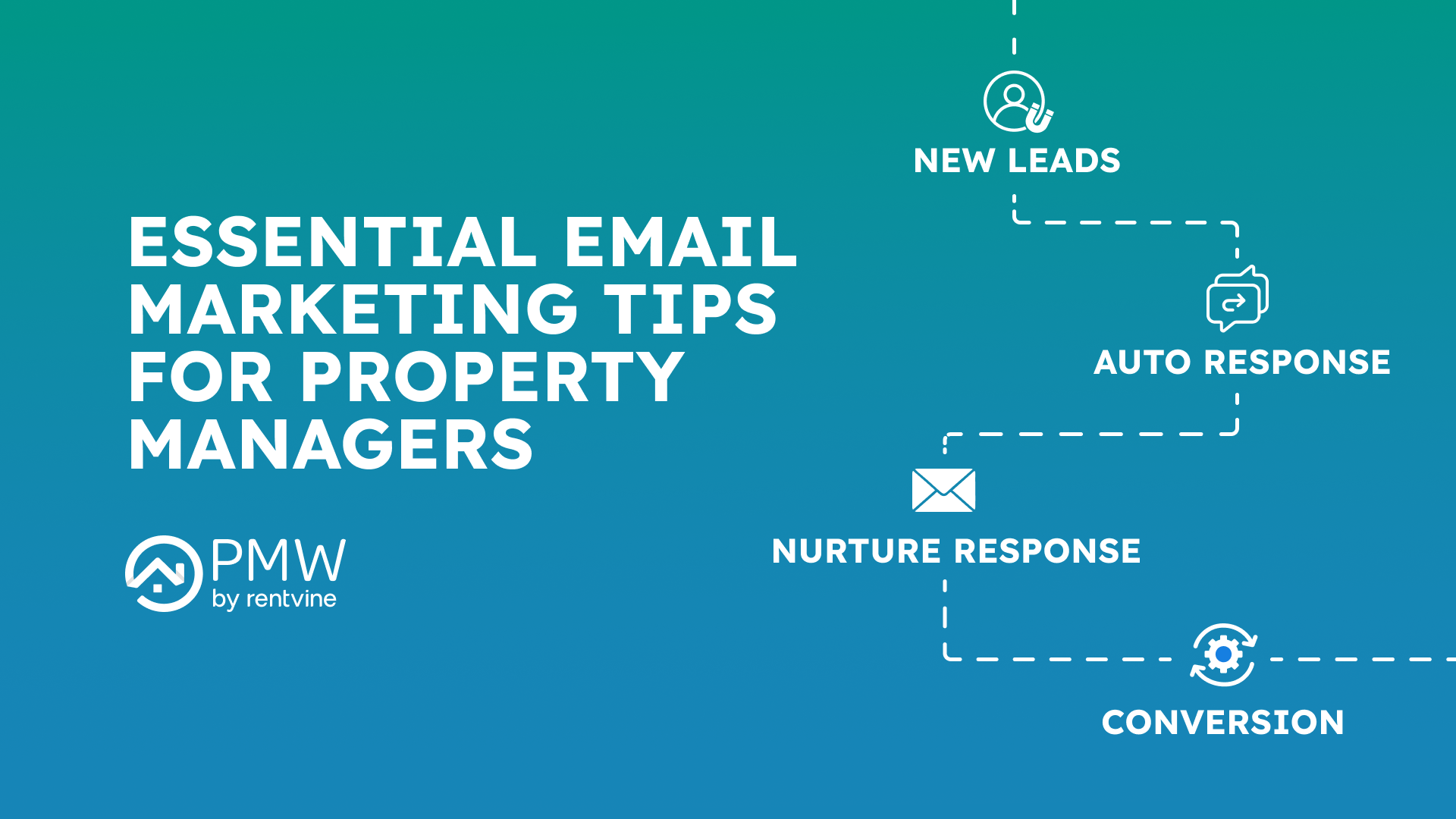
What Makes a Blog Post Actually Work for a Property Management Website?
It’s not just about hitting a word count or adding a few keywords—it’s about strategy, structure, and authenticity. A high-performing blog post is the result of thoughtful planning, expert SEO, and strong collaboration between a property manager’s local knowledge and the digital marketing team behind the scenes.
At Property Manager Websites (PMW), we specialize in building blogs that do more than sit on a website—they rank, resonate, and drive real leads. This article breaks down the anatomy of a high-performing blog post and shares exactly what we prioritize to help property managers stand out online.
What Does “High-Performing” Really Mean?
A high-performing blog post achieves multiple goals:
- Brings in organic traffic through relevant keywords
- Answers questions that property owners are actually asking
- Keeps readers engaged with clear, digestible formatting
- Builds trust and credibility with useful, accurate information
- Encourages conversions (like contact form submissions or free rental analysis requests)
It’s not about chasing pageviews for the sake of traffic. It’s about attracting the right readers—property owners, landlords, and investors—who are looking for guidance and are more likely to become clients.
Keyword Optimization (The Right Way)
One of the most important pillars of a strong blog post is smart keyword strategy—but that doesn’t mean stuffing in as many keywords as possible. In fact, outdated practices like keyword stuffing or obsessing over exact-match phrases can hurt more than help.
Instead, we focus on:
- Topic-relevant keywords that match the searcher’s intent
- Natural placement in headings, subheadings, and body content
- Semantic variations to help Google understand content depth
- Localized terms that reflect how owners search in their market (e.g., “rent control in Sacramento” vs. “property management laws”)
PMW uses industry-leading SEO tools like SEMrush, SurferSEO, and Google’s Keyword Planner to identify not only what people are searching for but also what questions haven’t been well answered by competitors.
Audience Alignment: Writing for the Property Owner
A blog post that ranks but doesn’t convert is a missed opportunity.
Every post we write is designed to speak directly to a property manager’s primary audience: property owners, landlords, and real estate investors. That means focusing on their real concerns, such as:
- How much can I rent my home for?
- What’s the eviction process in my state?
- Should I manage my property myself or hire a manager?
- How is the local real estate market trending this year?
We avoid writing for other property managers or general renters unless it's part of a targeted strategy (like tenant communication or lease renewals). Our blog content is designed to bring in decision-makers, not page-scrollers.
Structure and Formatting Matter More Than You Think
Even the best content can flop if it’s hard to read. That’s why formatting is essential to performance.
Our blog structure includes:
- H2 and H3 headers to guide the reader and help Google index content
- Short paragraphs (2–4 lines) for better readability on desktop and mobile
- Bullet points and numbered lists to break up dense sections
- Internal links to relevant pages, blog posts, and services
- Clear call-to-action (CTA) at the end of each article
Google rewards content that’s easy to read and navigate—and so do real readers. If it looks cluttered or hard to follow, people bounce. Our posts are written to keep users on the page and guide them toward conversion.
Why Being Human (Still) Wins
In a world filled with AI-generated content, what makes a blog post actually connect with readers?
Human voice.
At PMW, our blogs are written by a team of dedicated content writers, not automated scripts. Every article reflects the tone, values, and expertise of the property management company it represents.
We don’t believe in mass-producing generic blogs. Instead, we infuse posts with personality, expertise, and nuance that only real writers can bring. Humor, empathy, analogies, local insight—these are all tools we use to help content feel human while still being optimized for search engines.
PMW’s Collaborative Blog Process
High-performing blog content isn’t built in a vacuum. At PMW, we work with property managers to combine our SEO strategy with their real-world experience.
Here’s how the process typically works:
- Initial topic planning based on SEO trends and search intent
- Consultation with the client (when possible) to add local insight or address client-specific goals
- Custom content writing with a focus on value, relevance, and voice
- Internal review for formatting, accuracy, and SEO integration
- Scheduled publishing and strategic internal linking
This partnership model yields better content that ranks well and resonates with what property owners in your area truly care about.
Blog Topics That Perform for Property Managers
Not every blog topic gets results. Based on years of performance data, we’ve found that certain categories consistently drive traffic and leads for property management clients.
Here are a few of the most successful:
- Local Market Updates: Posts like “2025 Housing Trends in Tampa” or “Is It Still a Landlord’s Market in Boise?” provide value to local owners and boost local SEO relevance.
- Legal & Compliance Topics: “Understanding Security Deposit Laws in Colorado” or “New Rent Control Rules in Oregon” tend to rank well and earn trust, especially with accidental landlords or long-distance investors.
- Owner-Focused Advice: “How to Avoid Problem Tenants,” “How Much Should I Charge for Rent?” and “DIY vs Professional Property Management” are evergreen questions with strong search volume.
- Seasonal or Timely Topics: “Winter Maintenance Checklist for Boston Rentals” or “What to Do When Your Tenant Doesn’t Renew in Summer” tie into real landlord timelines and concerns.
When written well, these blogs generate ongoing traffic long after they’re posted. Many of our clients have posts written over a year ago that still rank on the first page and bring in qualified leads.
The Real Power of a Great Blog
A high-performing blog post isn’t just a good piece of writing—it’s a business asset. It ranks in search engines, nurtures trust with your audience, and supports your broader digital marketing strategy.
At PMW, we don’t treat blogs as an afterthought. We treat them as growth tools. Every article is designed to support your goals, reflect your expertise, and generate long-term value.
Want to level up your content game?
👉 Contact us today to schedule a free content strategy session.







